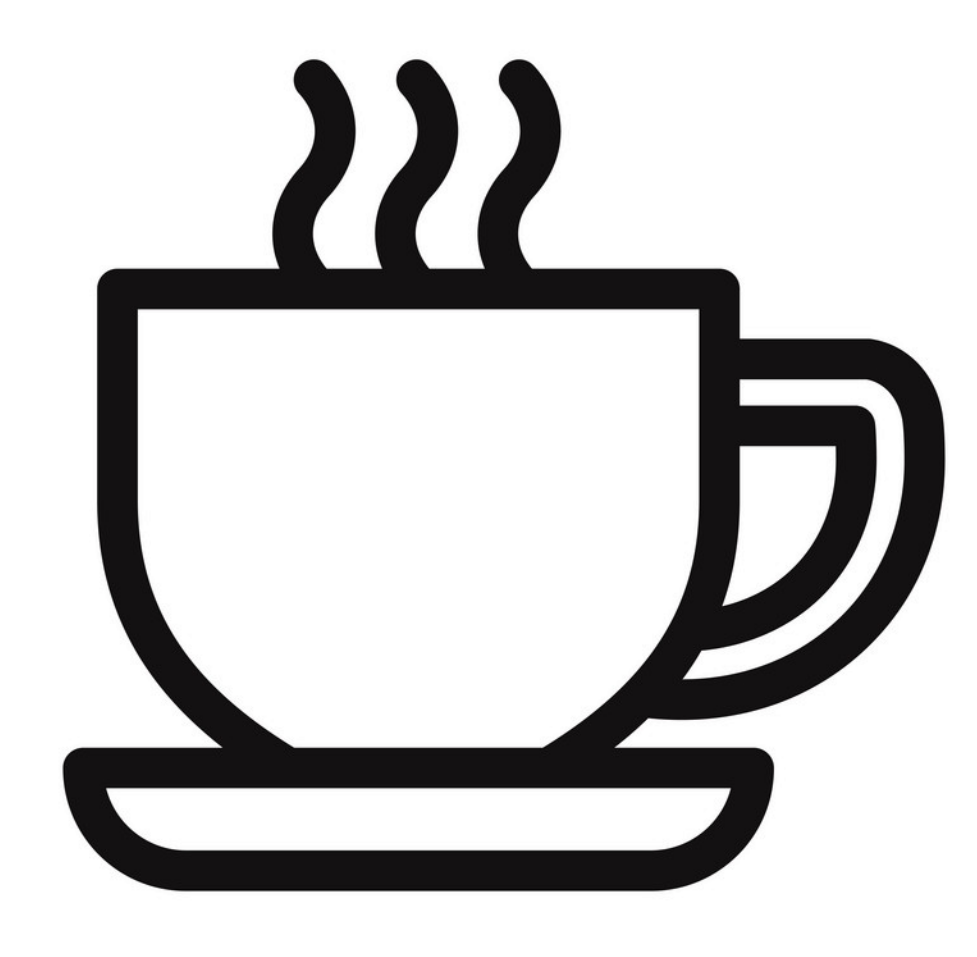I can also relate to your experiences with losing streaks, and I agree with all of the advice given. It is important to look at the past experiences of people you might look up to (Buakaw and Dekkers, for example) and see that they too have been through what you've been through. Losing fights doesn't mean that you're "not cut out for" your sport, it's just a stage in your progress, and probably one that you'll revisit in the future. I agree also with the importance of mental training. I've personally found the material from Wrestling Mindset to be really useful (I know you're not a wrestler, but listen to some of their free podcasts and I'm sure you'll find many of the concepts can be applied to Muay Thai or any other combat sport.)
One other factor in all of this might be your environment. I'm not sure what it's like in the US (I'm in Australia) but sometimes Muay Thai/MMA fights can get so hyped up by promoters selling tickets that it's hard to simply view wins, losses, good/bad performances as markers of progress. (This is unfortunately only amplified by social media, which brings all of this into our homes and every waking moment if you don't use social media wisely.) In many other combat sports (boxing, BJJ, wrestling, Judo, Muay Thai in Thailand etc) most athletes get the chance to have an extensive amateur or low-profile career before being put in the position where there is a lot of attention and "pressure" around their fights. Losses are a lot easier to deal with if you're fighting or competing every fortnight at small tournaments than when you feel like you're under lights and it's a big "occasion." Fight fans at more professional-style events in the West can be really awful too in the way they jeer at fighters and call for blood and this can make a loss more difficult to deal with. If this is an issue then mental training strategies and reframing can be useful too.
Hope some of these ideas help. I personally have really benefited from stepping away from higher-profile MMA fights for the time being and using the amateur wrestling/BJJ circuits to practise performing under pressure in a "lower consequence" environment.
Wish you all the best!




